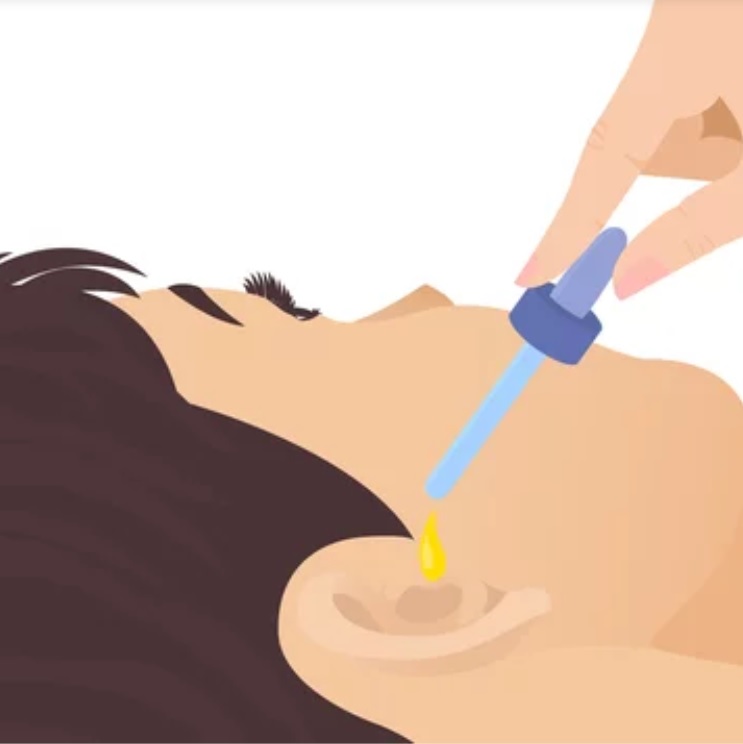When it comes to alternative remedies and traditional practices, mustard oil has held a special place in many households for generations. From culinary uses to therapeutic applications, this versatile oil has found its way into various aspects of our lives.
One such practice that has gained attention is putting mustard oil inside the ears. While some people swear by its benefits, it’s essential to examine both the advantages and potential side effects of this age-old remedy.
Understanding the Tradition
Before we dive into the side effects, let’s first understand why people use mustard oil in their ears.
This practice has its roots in the Ayurveda, the ancient Indian system of medicine.
According to Ayurveda, mustard oil possesses properties that can help maintain ear health. It is believed to:
- Soothe Earache: Mustard oil is known for its warming properties, which can help relieve pain and discomfort caused by earaches.
- Remove Earwax: The oil’s viscous nature may aid in softening and loosening earwax, making it easier to remove.
- Prevent Infections: Mustard oil is thought to have natural antibacterial and antifungal properties that could help protect against ear infections.
Now that we’ve explored the potential benefits let’s move on to the critical part—understanding the side effects of using mustard oil inside the ears.
Potential Side Effects
While the use of mustard oil in the ears has been considered safe by some, it’s essential to be aware of the possible side effects and risks associated with this practice:
- Irritation and Burning Sensation: Mustard oil can be quite pungent and may cause irritation or a burning sensation when applied to the delicate skin of the ear canal. This discomfort can be particularly unsettling, especially for those with sensitive ears.
- Allergic Reactions: Some individuals may be allergic to mustard oil. Allergic reactions can manifest as redness, itching, swelling, or even more severe symptoms like hives and difficulty breathing. If you suspect an allergy, discontinue use immediately and seek medical attention.
- Ear Infections: Paradoxically, while mustard oil is believed to have antibacterial properties, it may not be suitable for everyone. Using unsterilized oil or contaminated applicators can introduce harmful bacteria into the ear canal, potentially leading to infections.
- Earwax Compaction: Although mustard oil is thought to soften earwax, excessive use or improper application can lead to the opposite effect—earwax compaction. This can result in further discomfort and hearing problems.
- Risk of Burns: When heated, mustard oil can become even more potent. Attempting to warm the oil before applying it to the ear may carry the risk of burns if not done carefully.
THANK YOU
MEDICAL ADVICE DISCLAIMER:
This blog including information, content, references, and opinions is for informational purposes only.
The Author does not provide any medical advice on this platform.
Viewing, accessing, or reading this blog does not establish any doctor-patient relationship.
The information provided in this blog does not replace the services and opinions of a qualified medical professional who examines you and then prescribes medicines.
And if you have any questions of medical nature, please refer to your doctor or qualified medical personnel for evaluation and management at a clinic/hospital near you.
The content provided in this blog represents the Author’s own interpretation of research articles.
